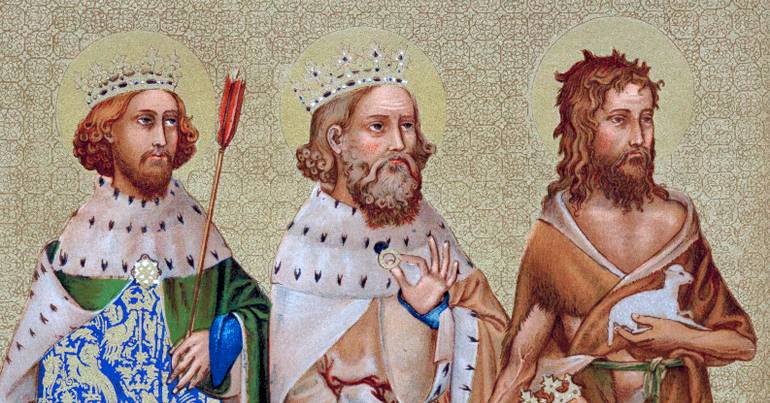

The world is a tapestry of historical insights, cultural hymns, literary provocations, and societal reforms. This article navigates through these interconnected themes, shedding light on stories that have been shaping thoughts and policies.
We begin our journey with a glimpse into the life of Richard II, the English monarch whose reign was turbulent, marked by his unfortunate reputation. However, amid the challenges of his time, Richard II is remembered for his unexpected contribution to everyday convenience—the introduction of the handkerchief. This small, yet influential piece of cloth has transcended its original purpose, showcasing how seemingly minute innovations can leave a lasting impact on society. It serves as a reminder of how even those with controversial legacies can contribute positively to everyday life.
Next, we diverge into the realm of music, where melodies transcend borders and time. “El Cant dels Ocells” or “The Song of the Birds,” a Catalan folk song, gained global recognition through the cellist Pablo Casals. Casals, who saw the song as a call for peace, popularized it during times of great upheaval, transforming it into a symbol of hope and resilience. Today, it continues to inspire as a universal hymn of peace, illustrating the profound power of music to communicate and heal.
In the world of literature, books often act as tools that challenge and transform the reader’s perspective. Discussion arises around the notion that impactful writing should not merely comfort but provoke transformation and introspection. The idea encourages readers to engage with diverse narratives that challenge their worldviews, thereby enriching their understanding and enhancing empathy. By embracing the literature that questions, readers cultivate a dynamic intellect and emotional depth, fostering environments where innovative thinking thrives.
As we explore recommendations for reading, particularly with summer as a backdrop, the encouragement to delve into diverse literary worlds resurfaces. Summer reading initiatives motivate individuals to explore stories and ideas explored by others, widening their horizons and fostering a culture of shared learning and discovery. This collective experience of literature highlights its essential role in connecting individuals across different walks of life.
Finally, attention turns to pressing societal needs, with housing reforms in Portugal at the forefront. There is a call to simplify bureaucratic processes and create more equitable opportunities for homeownership, ensuring everyone has access to safe and affordable living conditions. This drive towards reform recognizes the fundamental right to adequate housing as a cornerstone of well-being and social stability, advocating for policies that balance opportunity and necessity alike.
In conclusion, these narratives—ranging from historical anecdotes to cultural expressions, literary deliberations, and social reforms—illustrate how interconnected our world truly is. Each story, in its unique way, invites reflection on how innovation, culture, literature, and policy are woven together to shape our collective experience. As we uncover and celebrate these themes, may we be inspired to cultivate positive change, embrace diverse perspectives, and work towards a more harmonious world.
Source: {link}
